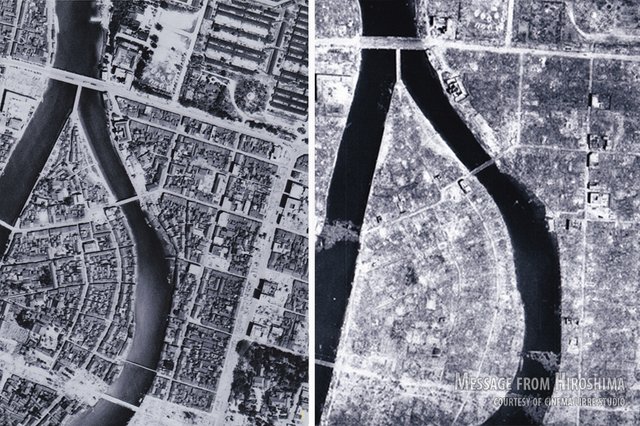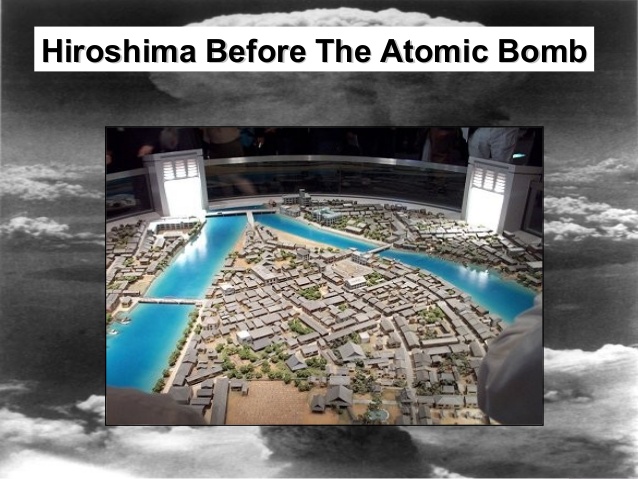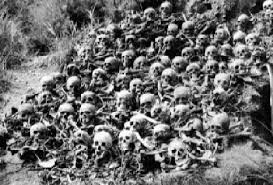unforgotten history of hiroshima and nagasaki
This is an history my dad told me once when i was little ##hiroshima and ##nagasaki, though it made no sense to me because i was too small to understand and besides i thought it was a bedtime story. *now where is hiroshima located?
[the capital of Hiroshima Prefecture and the largest city in the Chūgoku region of western Honshu - the largest island of Japan].

##why the bombing?##
Many reasons were given as to why US administration decided to drop the bomb on hiroshima and nagasaki, reasons like ;
The United States wanted to force Japan's surrender as quickly as possible to minimize American casualties.
The United States needed to use the atomic bomb before the Soviet Union entered the war against Japan to establish US dominance afterwards
The United States wanted to use the world's first atomic bomb for an actual attack and observe its effect.
outlining these reasons the US was quite in a hurry to drop the bomb.shortly after a successful test of the first atomic bomb at Trinity,New Mexico on july 16 , 1945, the order to drop the atomic bomb on Japan was issued on July 25.
##Impact on hiroshima;##

Hiroshima stands on a flat river delta, with few hills to protect sections of the city. The bomb was dropped on the city centre, an area crowded with wooden residential structures and places of business. These factors meant that the death toll and destruction in Hiroshima was particularly high.
For more info about this history simply click on this link;
##What was the total numbers of death recorded?##;
Over the next two to four months, the acute effects of the atomic bombings killed 90,000–146,000 people in Hiroshima and 39,000–80,000 people in Nagasaki; roughly half of the deaths in each city occurred on the first day. Large numbers of people continued to die from the effects of burns, radiation sickness, and other injuries, compounded by illness and malnutrition, for many months afterward. In both cities, most of the dead were civilians, although Hiroshima had a sizable military garrison.

##Did japan surrender after the bombing?##
Yes! Japan announced its surrender to the Allies on August 15, six days after the bombing of Nagasaki and the Soviet Union's declaration of war. On September 2, the Japanese government signed the instrument of surrender, effectively ending World War II. The atomic bombings' immediate and long-term consequences for military strategy (including the new realm of nuclear warfare), human health, and international relations, as well as their impact on the social and political character of subsequent world history and popular culture, have been extensively studied. The ethical and legal justification for the bombings is still debated to this day.
Nice one
thanks man
This really informative.
I love it. Keep it up.
Thanks man
Thanks man
Bravo
Thanks bro
I never had interest in this but I enjoyed acquiring this knowledge. Thanks
Thanks alot